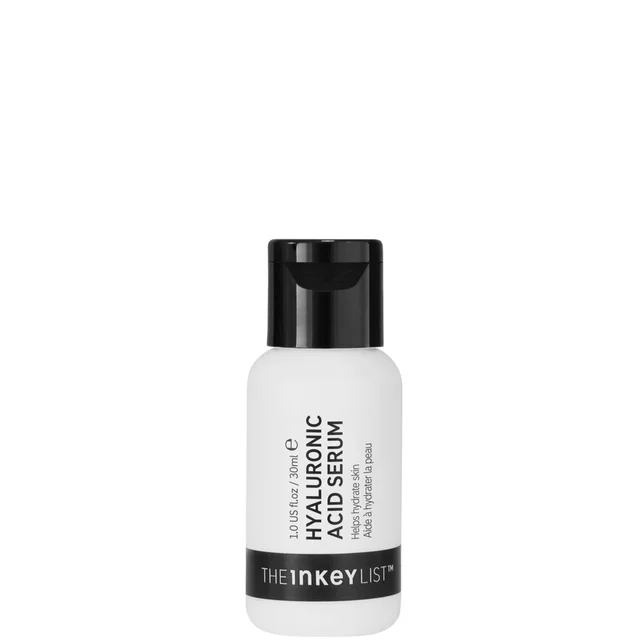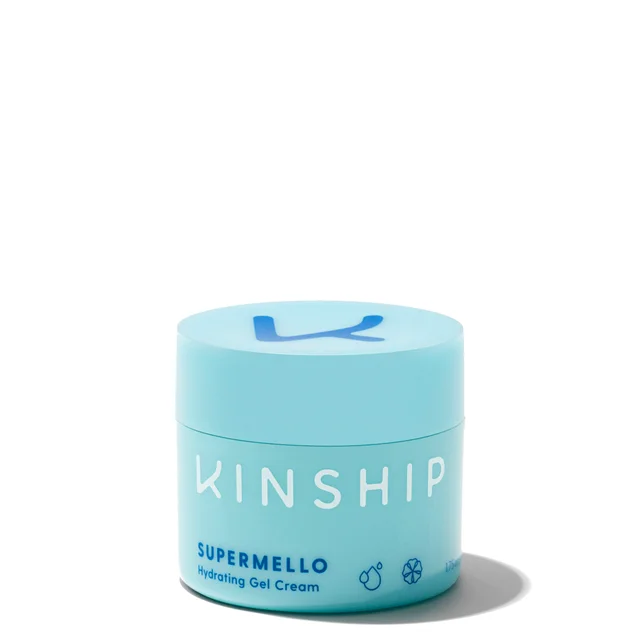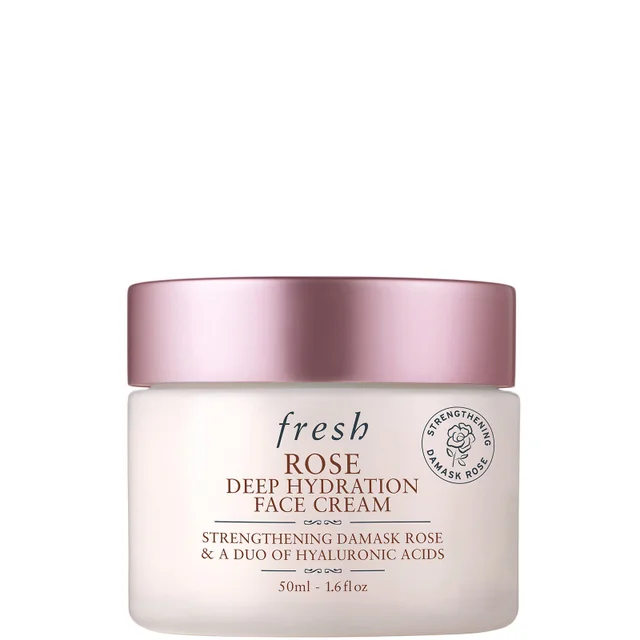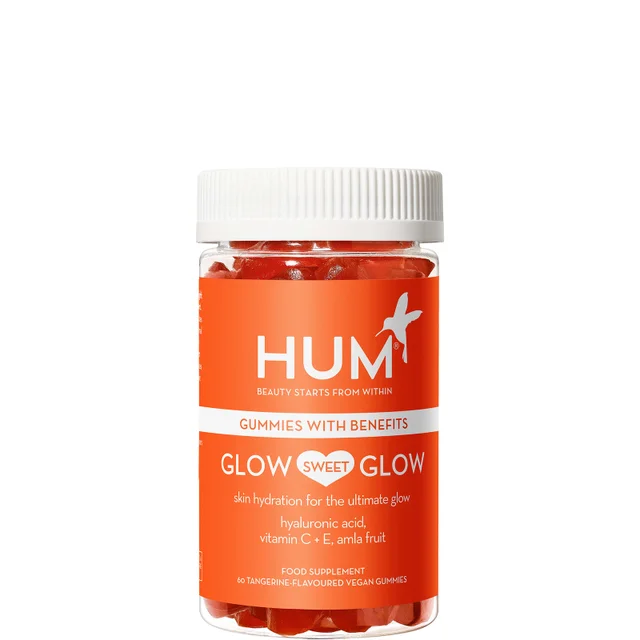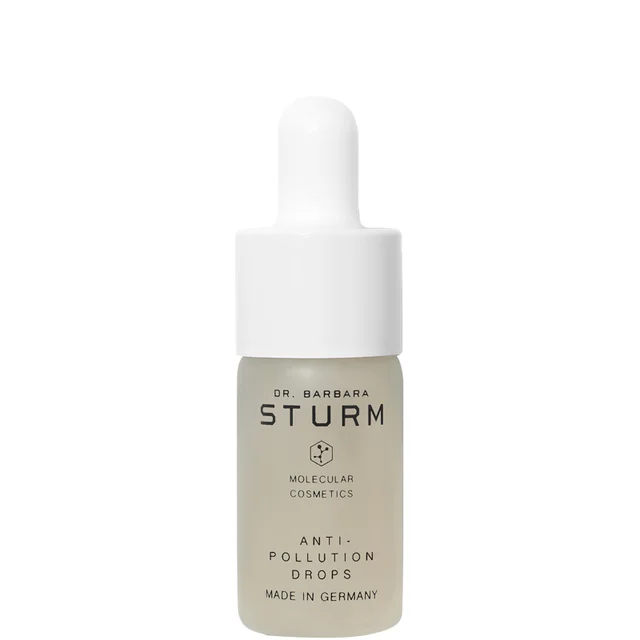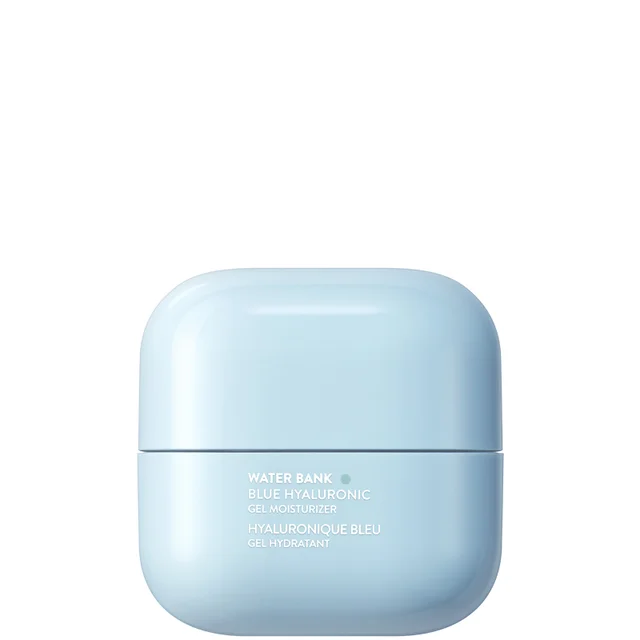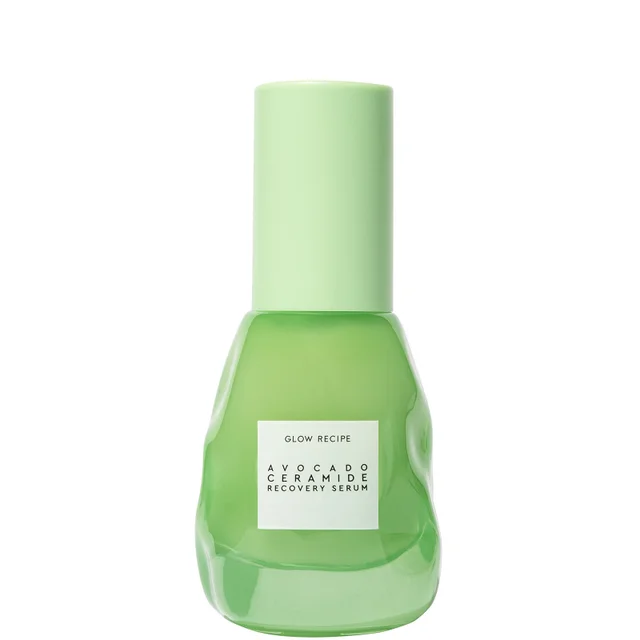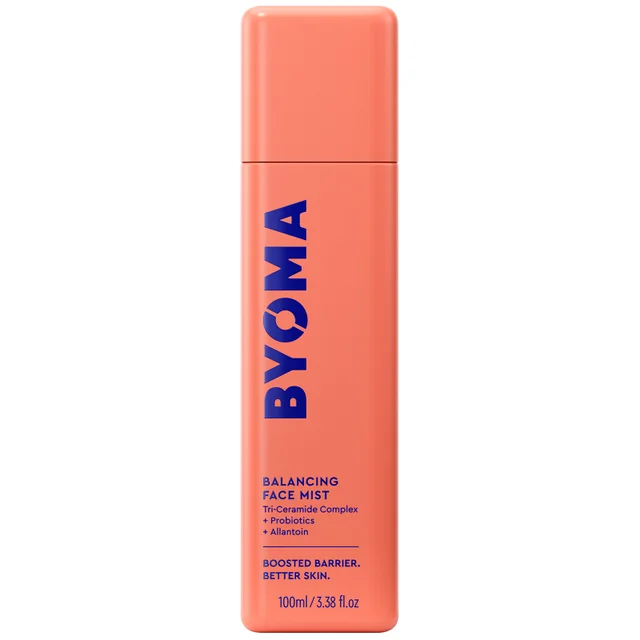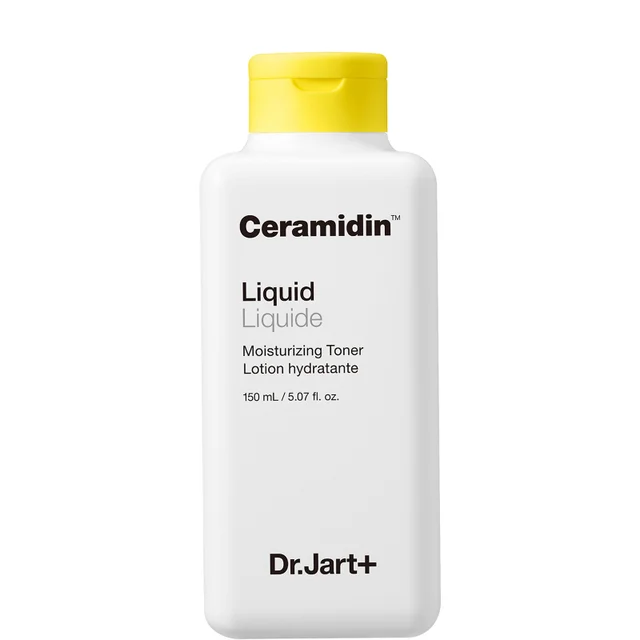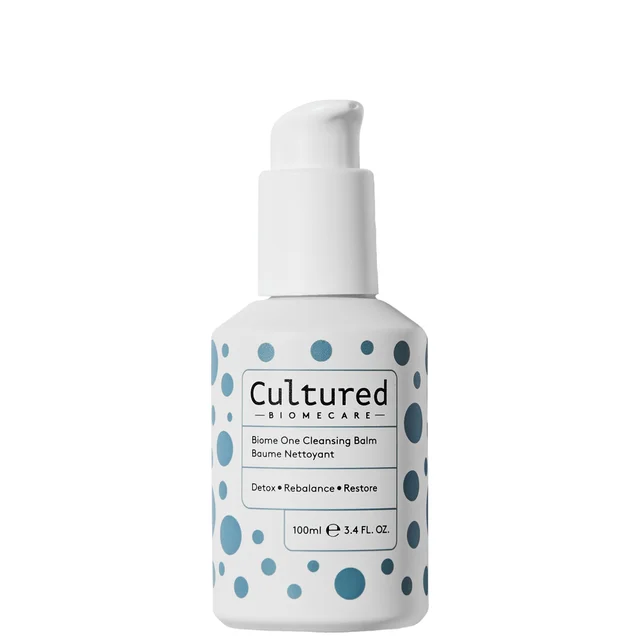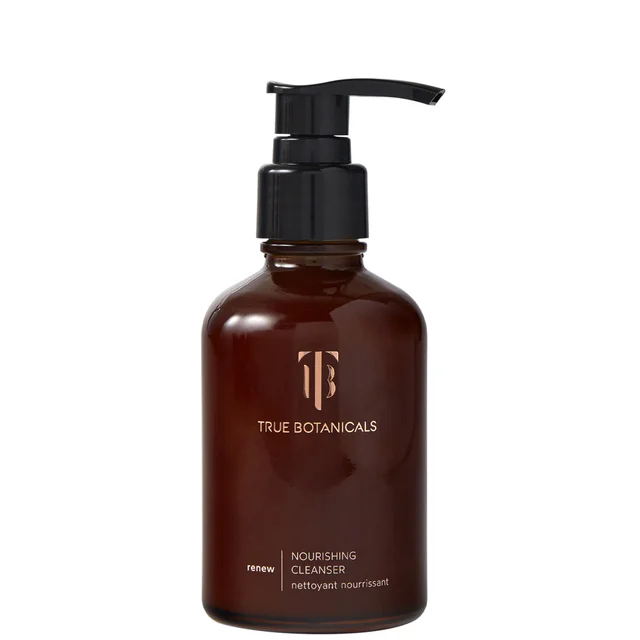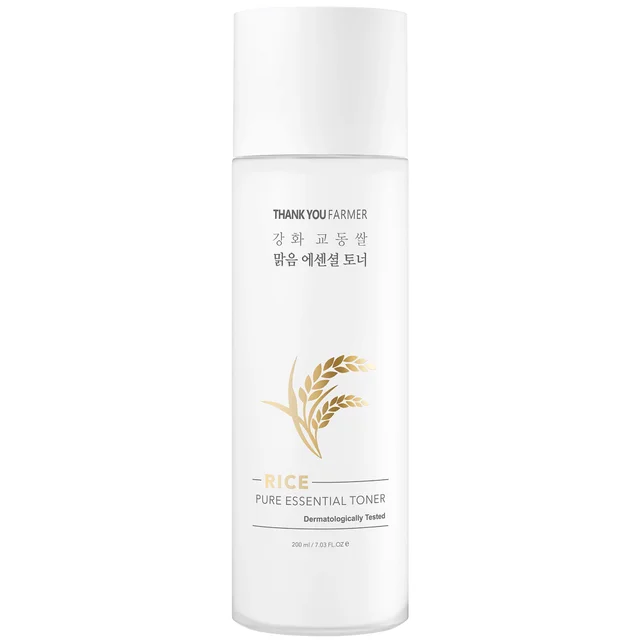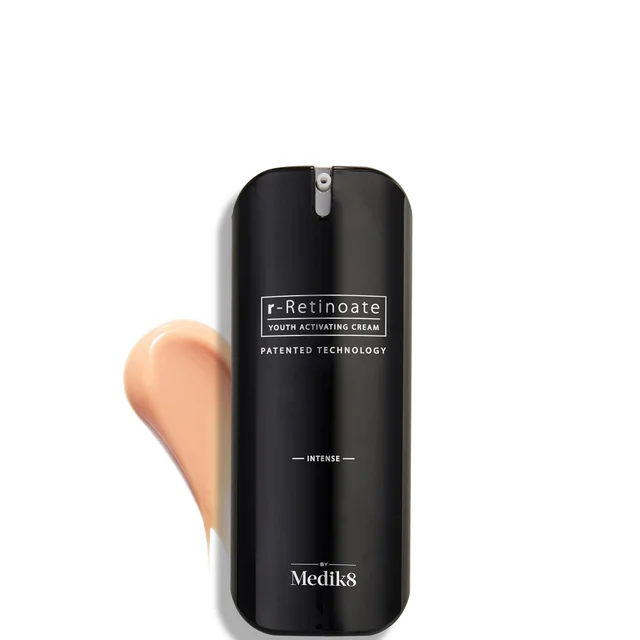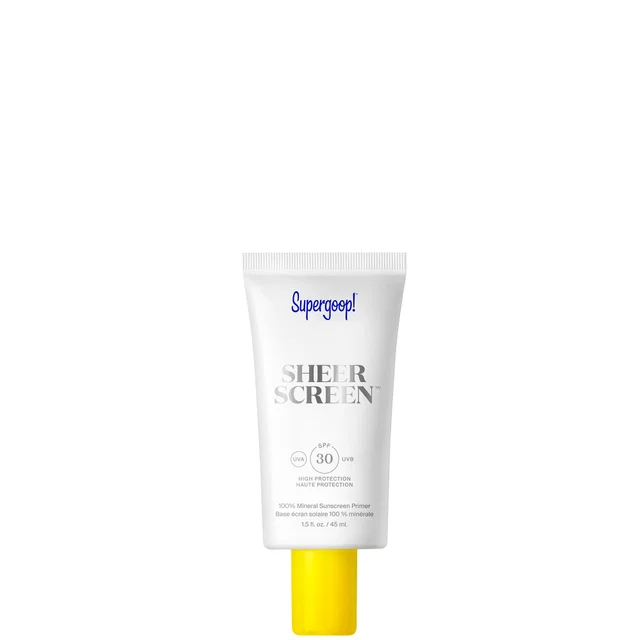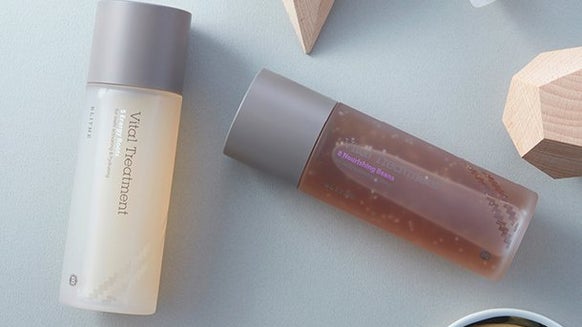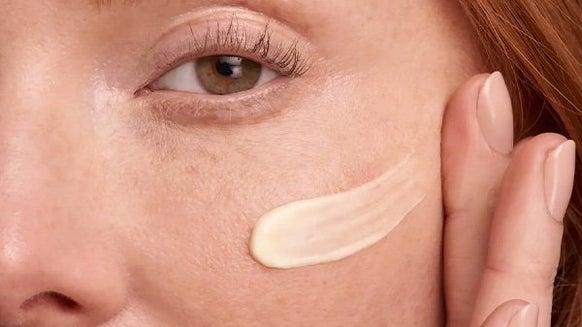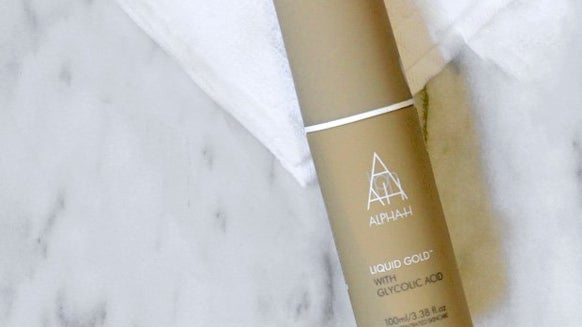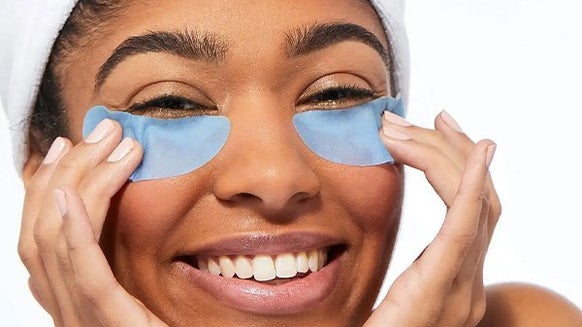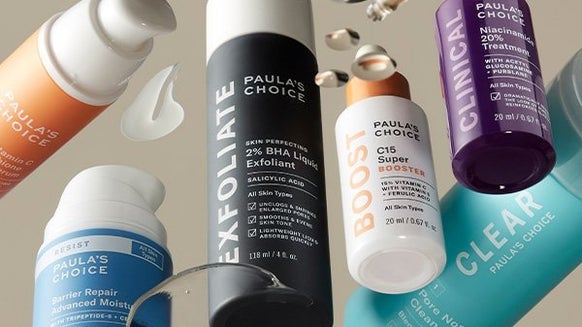HOW TO TREAT ALLERGY-PRONE SKIN DURING HAY FEVER SEASON
WHAT IS ALLERGY-PRONE SKIN
“A skin allergy occurs when an allergen causes an immune response in the skin – also known as an allergic skin condition. The most common skin allergies are atopic dermatitis (eczema), urticaria (hives) and angioedema (swelling of the skin). These allergies are increasingly common, with the British Association of Dermatologists estimating that one in five of the UK population have a skin reaction to environmental allergens” explains Dr Deborah Lee. But how do you know if you have allergy-prone skin? “Skin that reddens easily, stings, swells or can get very dry can be symptoms of sensitive skin and in turn sensitive skin can be regarded as allergy-prone skin” Dr Deborah Lee adds.
HOW DOES HAY FEVER AFFECT OUR SKIN
Hay fever is an airborne allergen – meaning it can be inhaled or make direct contact with our skin causing a variety of complexion concerns. While hay fever typically arises from March to September when tree, grass and weed pollen is at its highest, other allergens such as dust come from inside the home, meaning there’s little respite periods. “When the skin comes into contact with an allergen – any specific substance the person is allergic to – the immune system recognises this as an invader. It reacts by releasing cytokines – cell messengers – which stimulate the production of IgE antibodies. These antibodies attach to special cells called mast cells causing them to release histamine, which stimulates inflammation” says Dr Deborah Lee. “This causes swelling of the skin.”
WHAT SKIN CONCERNS OCCUR WITH ALLERGY-PRONE SKIN DURING HAY FEVER SEASON
HOW TO ADAPT YOUR SKIN CARE ROUTINE FOR ALLEGY-PRONE SKIN
So now we know the effects of hay fever has on our skin, what can we do about it? Being hyperaware of what we’re using on our complexion and how we’re using it is key. With that in mind Dr Deborah Lee shares her tips and tricks on how to switch up your skin care routine during allergy season.
HERO HYDRATION
AMP UP YOUR VITAMIN C INTAKE
PROTECT YOUR SKIN’S BARRIER
THE BEST SKIN CARE ROUTINE FOR ALLERGY-PRONE SKIN
Start by removing any make up you may on. Take care when you remove eye make up as the eyes are often extra sensitive with allergic rhinitis. Using micellar water is helpful as it contains tiny oil particles which cling to dirt and debris and is gentle around the eyes. Wash your face with warm water and pat it dry gently. Cleanse your face gently morning and night to remove any traces of pollen, using a gentle hypoallergenic cleanser. Apply toner – this should also be hypoallergenic and suitable for sensitive skin. Moisturise generously using products containing ceramides. Your moisturiser should be applied within a few minutes of washing, as the pores will still be open. Lastly, apply an SPF sunscreen with at least SPF 30. Avoid sunscreen that contains oxybenzone if you have sensitive skin, instead opt for sunscreen that contains zinc oxide or titanium oxide.
All that’s left to do now is to get outside and enjoy the summer climes… Alexa, play ‘Here Comes The Sun’ by The Beatles.
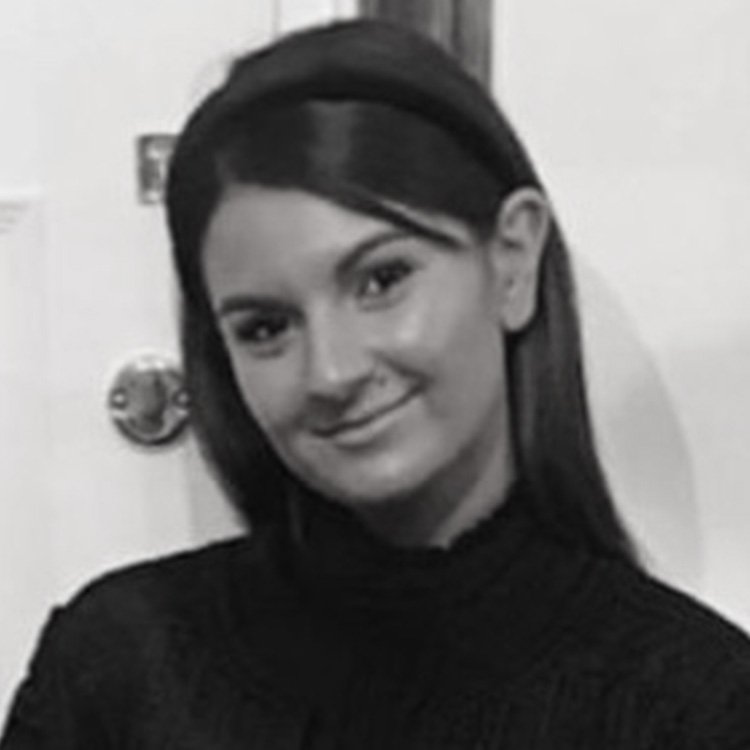
Cult Beauty’s Senior SEO Copywriter, Trifonia started out in the industry when bold brows were just becoming a ‘thing’, and shares a passion for all things fashion and beauty. Currently embracing her curly girl journey (after endless years of straightening her strands), she is finally reverting to her natural ways! When Triffy isn’t busy testing out the latest curl-saving solutions, you’ll find her binging the latest reality TV show or on a long walk listening to her ever-evolving country music playlist.

